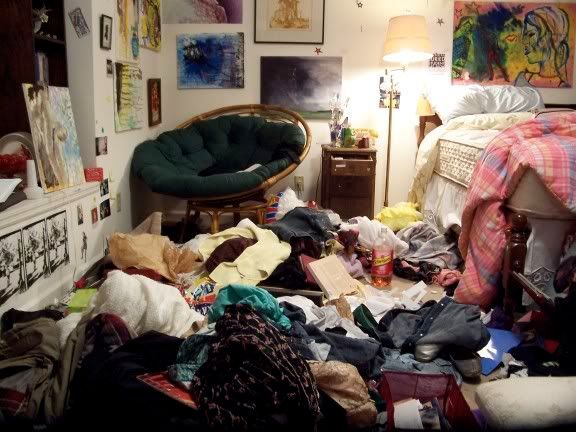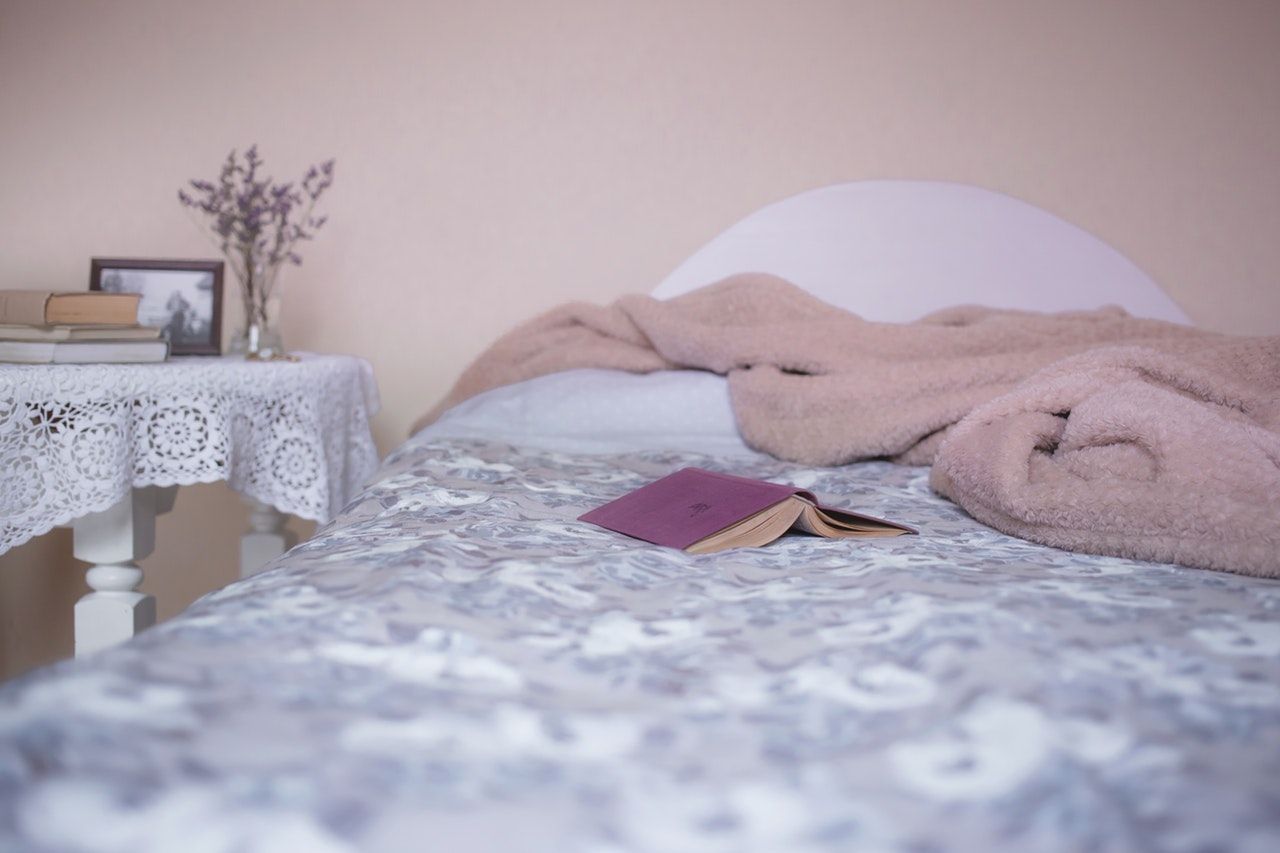If you have a messy room, you're probably also really tired. You can make up whatever excuses you want: you're too busy, it's just "clutter," or you'll get to it later, but your room is a mess and it's starting to affect your life.
Growing up, my room was a disaster zone, and I never understood why that was such a big deal. I could see everything I needed, I made a path to my door, and I kept my door shut. But now I'm starting to realize that a clean room may have been a better idea, and not just for the sake of getting rid of clutter.

A new study has found a link between messy rooms and sleeping issues, and when you read their evidence, it actually makes a lot of sense.
According to Dr. Pamela Thacher, a psychologist at St. Lawrence University, messy rooms can lead to a lack of sleep. This, in turn, can lead to depression issues, higher stress levels, and slowed-down thinking.
"Hoarders typically have problems with decision making and executive function; poor sleep is known to compromise cognition generally," she pointed out. "So if hoarders have cluttered or unusable bedrooms, and less comfortable, functional beds, any existing risk for cognitive dysfunction, depression and stress may increase as sleep quality worsens."

Jonathan Stevens Mattress Co. shares the same opinion.
"Cleaning a messy bedroom will not only relieve the tension in your mind, but it will allow you to take advantage of your bedroom's intended benefits," they write in a blog post. "Not only does clutter make it harder to fall asleep at night, but it can make you feel restless the next day."
It's your subconscious that is keeping you up, and all it craves is a clean room.
"Your brain naturally wants to clean up clutter," the blog post continues. "Which means that a messy room will subconsciously work against your natural instincts and cause anxiety. "
So if you're having problems sleeping, look to your floors to see if there's clutter than can be cleaned.
